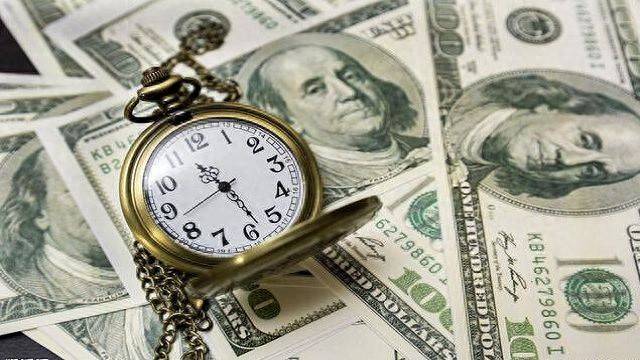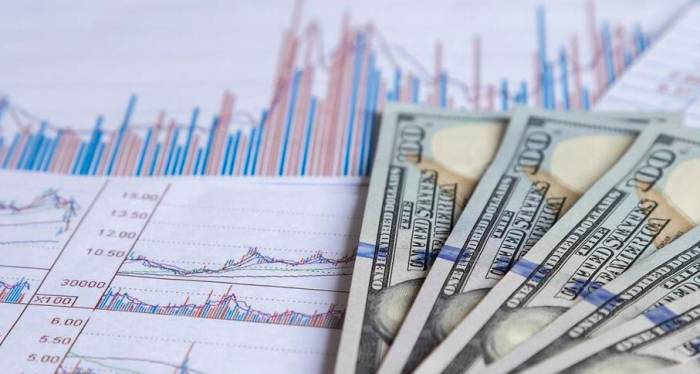On November 29, shares of Zhenhua Guangguang (688439.SH) opened lower and continued to decline, dipping over 5% at one point during the day. However, the market witnessed a rebound that led to a partial recovery of the losses, with the stock closing at 57 yuan per share, down 3.02%. This decline follows the release of their first share reduction plan since going public the previous evening.
The announcement revealed that Shenzhen Zhenghexing Electronics Co., Ltd., a shareholder holding more than 5% of the company's shares, plans to sell no more than 3% of the total share capital over the next six months. Shenzhen Zhenghexing is the second-largest shareholder of Zhenhua Guangguang, having become an investor in 2008.
Interestingly, the actual controller of Shenzhen Zhenghexing, Zhang Ya, also controls two other listed companies: Cisco Rui (688053.SH) and Guoguang Electric (688776.SH). Notably, Zhang had recently made a voluntary commitment not to reduce his holdings in Guoguang Electric, starkly contrasting the decision announced concerning Zhenhua Guangguang. The company has seen its stock price and performance significantly decline from its former highs.
Contrary to the current situation, before the IPO, Shenzhen Zhenghexing had already liquidated 288 million yuan, demonstrating early profit-taking. The official announcement specified that the planned sales would occur from December 20, 2024, to March 19, 2025, via competitive bidding and block trading, with the company planning to offload no more than three million shares during this window.
As of now, Shenzhen Zhenghexing is holding approximately 39.31 million shares, which constitutes 19.66% of the company's stock. It is noteworthy that the shares were acquired before the IPO and restrictions on sale were lifted on August 28, 2023, allowing for market circulation.
The historical context of the company’s formation sheds light on its journey. Originally the State-owned 4433 Factory, Zhenhua Guangguang is one of the enterprises central to China's "Three Lines" construction initiative aimed at strengthening national defense. In 2005, the China Zhenhua Electronics Group Co., Ltd. established Zhenhua Guangguang Co., Ltd. with a capital investment of 20 million yuan. By 2008, its registered capital was increased to 50 million yuan, and shareholders included China Zhenhua and Shenzhen Zhenghexing, with the latter eventually owning 45% of the stock.
In 2021, looking to fund project construction, the company issued new shares, enabling both China Zhenhua and Shenzhen Zhenghexing to inject capital—1.5 billion yuan and 500 million yuan respectively. The price per unit of new shares was set at 17.89 yuan, elevating Shenzhen Zhenghexing's ownership stake to approximately 39.24%. Shortly thereafter, the company received additional state funding. However, due to cash flow needs, Shenzhen Zhenghexing sold portions of its stake to private equity funds, attaining a significant liquidity event valued at 288 million yuan, while the total investment prior to this had only been around 72.5 million yuan.
Current market circumstances reflect just how far things have shifted for Zhenhua Guangguang. After its initial public offering, which saw a pricing of 66.99 yuan per share, the stock rose to as high as 149.67 yuan by October, marking a pinnacle in its market performance. However, the year has seen a dramatic reversal, with shares plunging as low as 41.58 yuan in mid-September. Although there was a temporary rebound, shares were still reported at just 57.60 yuan as of late November, significantly below the original offering price.
In terms of financial results, the company has not fared well either. For the first three quarters of the year, revenue fell by 18.74% compared to the previous year, totaling 792 million yuan, while net profit decreased by a staggering 37.36% to 248 million yuan. Particularly concerning were the third quarter results, with revenue plummeting by 44.52% year-on-year, while net profits IPO calculated an 87.76% decline, leading to concerns over sustainability in the firm's financial health.
Zhenhua Guangguang specializes in designing, packaging, and testing high-reliability integrated circuits, catering primarily to sectors requiring robust electronics such as military semiconductors. The recent downturn in performance has been attributed to a decline in overall market demand and clients' inventory reduction strategies, compounding pressures from changes in tax incentives and price reductions across products.
In a candid assessment taken from recent operational reports, the company acknowledged that to maintain market share amid client pressures on pricing and fierce competition, some product prices had to be reduced compared to the previous year.
Compounding these challenges is the growing burden of accounts receivable, which has intensified since the company went public. Historical data indicates that from 2018 to 2021, accounts receivable steadily rose, posing significant risk as they accounted for an increasing percentage of total revenue. The ratio surged post-IPO, with accounts receivable and notes receivable ballooning to over 100% of revenue in recent reporting periods, indicating danger signs in cash flow management.
This nexus of declining stock prices, financial performance, and increased shareholder selling illustrates a pivotal moment for Zhenhua Guangguang. As the company grapples with fundamental shifts in its operating environment, stakeholders are left to ponder the future viability of both its market strategy and its broader financial health within an increasingly competitive sector.






























Join the Discussion